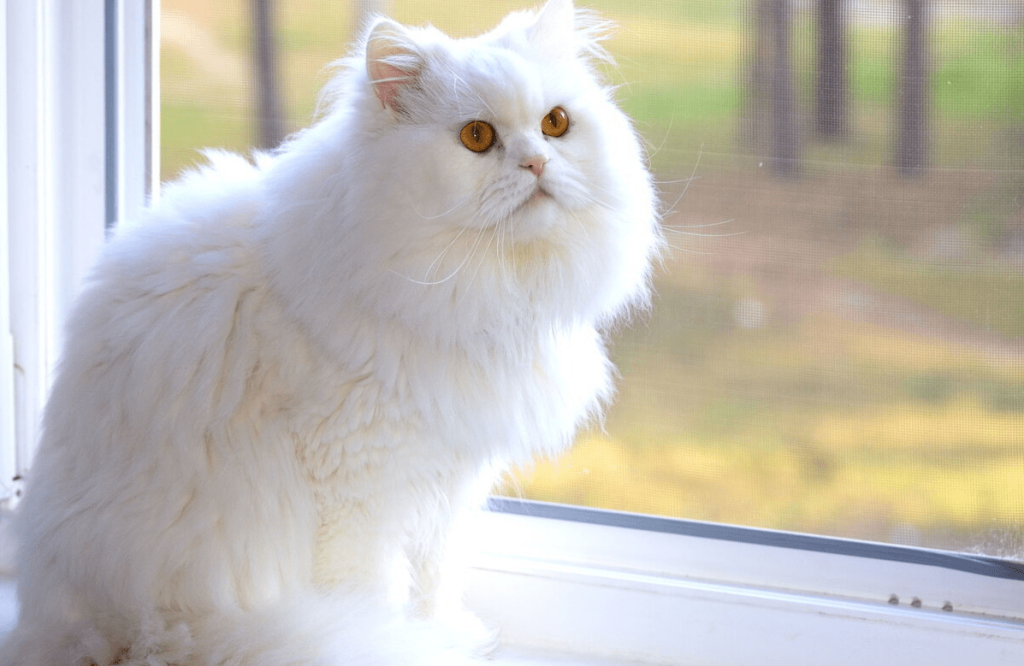
Understanding your cat’s diet is an essential part of responsible cat ownership. One important aspect of cat nutrition is knowing the calorie content of your cat’s food. Here’s why this is important and how you can incorporate this knowledge into your cat’s feeding routine.
Why is Knowing Food Calorie Content Important?
Knowing the calorie content of your cat’s food is essential for maintaining their weight and overall health. Overfeeding can lead to obesity, which can cause health problems such as diabetes, heart disease, and joint issues. Conversely, underfeeding can lead to malnutrition and other health problems. By knowing the calorie content of your cat’s food, you can ensure that they are getting the right amount of nutrition and avoid overfeeding.
How to Determine Calorie Content
The calorie content of cat food can be found on the packaging or by contacting the manufacturer. You can also use online calculators to determine how many calories your cat needs each day based on their weight, activity level, and age.
Incorporating Calorie Content into Your Cat’s Feeding Routine
Once you know the calorie content of your cat’s food, you can use this information to create a feeding routine that meets their nutritional needs. This includes measuring out the appropriate portion sizes and feeding your cat at regular intervals throughout the day. It’s also important to avoid giving your cat table scraps or human food, as this can upset their nutritional balance and lead to overfeeding.
In addition to monitoring your cat’s calorie intake, it’s important to choose high-quality, nutritious cat food that contains balanced levels of protein, carbohydrates, and fats. Consult with your veterinarian to determine the best diet for your cat’s individual needs.
In conclusion, understanding your cat’s diet and the importance of knowing food calorie content is essential for maintaining their weight and overall health. By determining the calorie content of your cat’s food and incorporating this knowledge into their feeding routine, you can ensure that they are getting the right amount of nutrition and avoid overfeeding or underfeeding. Consult with your veterinarian to determine the best diet for your cat’s individual needs.

As an AI language model, I can provide a comprehensive guide to low-calorie cat foods and how to choose the right diet for your feline friend. Here’s what you need to know:
Obesity is a common issue among cats, and it can lead to a range of health problems, including diabetes, heart disease, and joint problems. To combat obesity, many cat food manufacturers have developed low-calorie cat foods that are designed to help cats lose weight or maintain a healthy weight.
When choosing a low-calorie cat food, there are a few things to consider:
- Look for High-Quality Ingredients: Just like with regular cat food, it’s important to look for high-quality ingredients in a low-calorie cat food. Look for foods that contain real meat as the main ingredient, as well as high-quality carbohydrates and fats.
- Check the Calorie Content: Low-calorie cat foods can still vary widely in calorie content, so it’s important to check the label. Look for a food that has fewer calories per serving than your cat’s current food, but still provides all the nutrients your cat needs.
- Consider Your Cat’s Age and Lifestyle: Low-calorie cat foods are available for cats of all ages and lifestyles, so consider your cat’s specific needs when choosing a food. Senior cats may have different nutritional needs than kittens, and an indoor cat may have different needs than an outdoor cat.
- Talk to Your Vet: Your veterinarian can help you determine the right diet for your cat based on their age, weight, and overall health. They may also recommend a specific brand or type of low-calorie cat food.
- Monitor Your Cat’s Progress: Once you’ve chosen a low-calorie cat food, it’s important to monitor your cat’s progress. Weigh your cat regularly to ensure they are losing weight at a healthy rate, and make adjustments to the diet as necessary.
In addition to choosing a low-calorie cat food, there are other things you can do to help your cat maintain a healthy weight. Encourage exercise and playtime, and limit the amount of treats your cat receives each day. By working with your veterinarian and choosing the right low-calorie cat food, you can help your feline friend maintain a healthy weight and live a long, happy life.